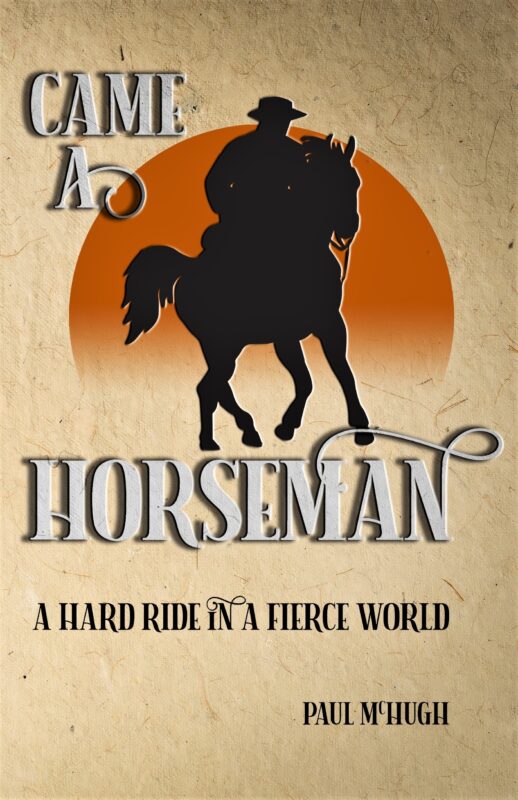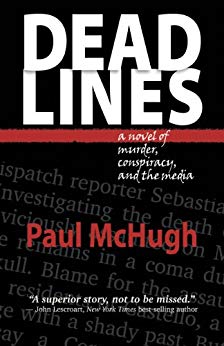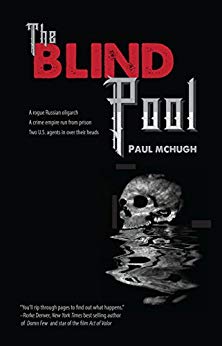California North Coast Series: A Kayak Adventure
Paul McHugh, Outdoors Writer
September 6
Prince Island, just north of the Smith River, was a final refuge for the Tolowa as they sought to survive massacres inflicted by settlers eager to seize the land. In hills above Yontocket Slough, on the Smith River’s south side, killings began in 1853, after the Tolowa gathered for a world-renewal ceremony, called Needosh. Men, women and children were slaughtered by the hundreds. Bodies were pitched into the slough until its waters were stained red. That was followed in 1855 by a similar bloodbath at Etculet, a major village on Lake Earl.
Tolowa Ancestral Ground
Rough ramparts of Prince Island offered a sanctuary of sorts for survivors, who numbered no more than 200. They did not seek to re-assemble a life on the mainland until around 1903. Their hard path finally improved when 600 descendants managed to get federal recognition in 1983, organizing as Smith River Rancheria. Now the Lucky 7 Casino, not far from Prince Island, has generated sufficient income that the Tolowa have been able to recolonize 100 more acres of their ancestral ground (for a total of 250 acres).
Candace Penney works as the casino’s marketing director. Her grandmother, mother and aunt are all buried at Yontocket, near the massacre site. Her uncle, Raleigh Grimes, was the last Tolowa to try to keep living there. Penney remembers coming there on Memorial Day, bending down to draw water from the slough, then feeling shocked and sorrowed to recall it had run red with blood of her people.
“I grew up not wanting to know anything,” Penney says. “I hated being Indian.”
She moved to Willits. “Now, that was a redneck town,” Penney says. “We got spat on, treated ugly. I moved to Louisiana, then Florida. Those weren’t much better.
“When my kids were young, my daughter asked, ‘Mom, what part of me is Indian?’ I thought, I’d better learn. So I got what I could from library books. Then I came back to the reservation with Michael, my Oglala Sioux husband, in 1991, and I could learn from elders.
“I learned to make baskets, medicine pouches. I used to be embarrassed to say anything in Indian. Now I can’t wait to learn more words.
“My name before was Wee-nancee, which just means tiny girl. Then my grandfather’s name became available. So, we had a special ceremony, and I took it — Chen-wahs-na.”
Tolowa Dunes State Park
The Yontocket site is now part of Tolowa Dunes State Park. On the back of a meditation bench built there, a butterfly design is carved. It is a motif from the woven baskets of Penney’s great-grandmother. She was one of the last Tolowa medicine women, and the butterfly was a symbol from her dreams.








